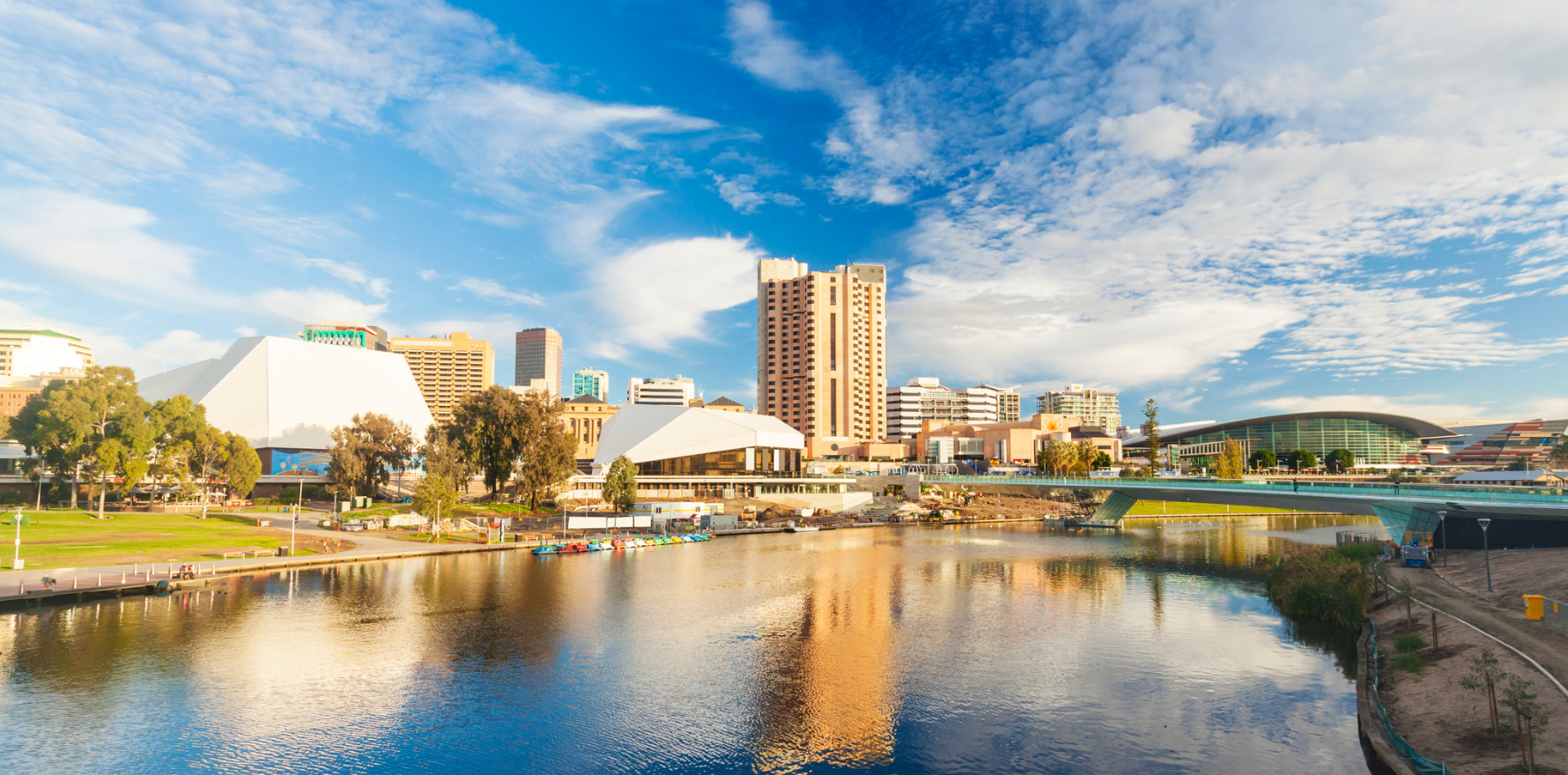Federal priorities are out of whack, says the RACGP, after the announcement of $277m for 29 new UCCs. Tassie, meanwhile, wants more.
The federal health minister has hit back at the onslaught of disapproval from GPs over the funding boost to urgent care clinics promised in tomorrow’s federal budget.
Yesterday, at a press conference in Adelaide, Mark Butler announced a $277 million package to open 29 extra urgent care clinics over the coming year, ahead of tomorrow’s federal budget.
The investment will bring the UCC count to 87 nationwide.
UCCs have recorded 400,000 visits across the nation, a third of which were children under 15, according to the federal government.
But the clinics have caused controversy, particularly among GPs and other doctors, since their announcement in the 2023-24 budget last May, with references to the “failed Rudd-era GP super clinics” from the AMA and research suggesting a lack of evidence base.
The federal government’s recent funding announcement has reignited the debate, with GPs labelling the “PR stunt” nothing more than a “Band-Aid”.
What is politically popular?
— Dr Mariam Tokhi (@mariamtokhi) May 12, 2024
A: Urgent care
What is unseen, undervalued but makes a huge difference to the health of communities?
A: Longitudinal, preventive primary care that builds relationships and tackles complex chronic illness https://t.co/EhrqQ0HJG6
$ 1 Billion in top-up funding (don't forget they get #medicare rebates *as well*) so that 80 'urgent care clinics' across Australia (1 clinic to every 312,000 people) can bulk-bill.
— QLDCountry GP (@QLDCountryGP) May 12, 2024
No continuity or chronic disease care.
Horrible ROI.
We have clowns setting health policy. https://t.co/dl5m8iR3K4
RACGP president Dr Nicole Higgins agreed that the investment was misguided.
“There is no substitute for personalised quality care delivered by a GP who knows you and your history,” she said.
“Every year more than 22 million Australians choose to see a GP for essential healthcare. They deserve an affordable system.
“Instead, the Government has chosen to continue its misguided policy of rolling out what it calls urgent care clinics. “
According to Dr Higgins, rather than bolster primary care, UCCs fragment care, create confusion and take too long to roll out.
“These clinics are also likely to redirect limited general practice workforce capacity away from regular clinics where they are needed most,” she said.
The government should instead focus on boosting chronic disease and mental health investment.
“Chronic disease and mental health concerns are among the top three reasons people seek care from their GP,” said Dr Higgins.
“The fact these measures don’t seem to be included in the Government’s $8.5 billion health Budget, shows the government has the wrong priorities for fixing our health system.
“Boosting funding for mental health and chronic conditions will improve affordability, access, and health outcomes for those most in need.
“It is bitterly disappointing that the government has chosen to go another way.
“They really do appear to have their priorities all wrong.”
Speaking to reporters yesterday, Mr Butler said the criticism was confusing as UCCs were not designed to step on the toes of GPs.
“It’s never really been very clear why [the RACGP is] opposed to this important program that is delivering terrific care to people, often when they can’t get access to their usual GP,” Mr Butler told reporters in Adelaide.
Related
“[The urgent care clinics] are not there to replace the usual work of a GP, the usual relationship you’ll have with your GP.
“This is for urgent care that can’t wait, that needs to be delivered quickly, often to children.”
According to Mr Butler, the government was working to strengthen patient-GP relations, as it continues to roll out its investments in Medicare from the previous budget.
But according to the RACGP, while last year’s budget was a step in the right direction, it was only the first and the government should not “lose momentum” in its journey towards affordable, high-quality care for all Australians.
While UCC activity had been “promising” so far, Tasmania’s Minister for Health, Mental Health and Wellbeing Guy Barnett said that 29 extra clinics was “completely insufficient” given the continuous underfunding of GPs.
“This has been driving more people to our hospital emergency departments and has repeatedly forced the state to step in and shore up GP availability as practices come under threat of closure,” he said.
The Tasmanian government has already funded a fifth UCC in the territory and has partnered on another of the four predominantly federally funded centres.
“Right now in Tasmania there are multiple areas with identified need for bulk-billed urgent care clinics,” said Mr Barnett.
“The Tasmanian Government has been putting the case to Federal Labor for months that there should be funding for at least five new locations to support Tasmania’s needs.
“Federal labor announced the extra funding in December last year but has been sitting on its hands – we want action now.”
Further details on the federal budget will be announced tomorrow.





